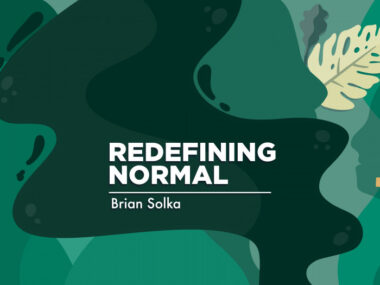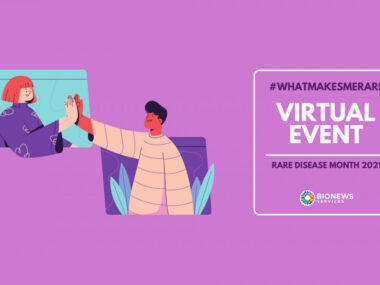The World Keeps on Turning, Even in the Midst of Tragedy
Written by |

When Brian’s seizures returned as Lennox-Gastaut syndrome (LGS) after his initial bout with infantile spasms, the blow was crushing. After Jendi went through a very difficult childhood, I was hopeful that her suffering was behind her. My childhood was very unassuming, and almost all close relatives and friends were alive and healthy.
After Jendi and I met, one of my primary goals was to give that amazing, resilient woman a life of peace and prosperity. We were still young and somehow felt that no matter what, everyone was entitled to a happy ending. Things will always work out, like they do in the movies.
Then followed the loss of my best friend. Jendi and I were inspired to have a child together in the aftermath to join our daughter, Coralynn. We had a great feeling that this was the right thing to do, and we had no doubts that a happy ending would be possible following the birth of our healthy and gigantic baby boy.
Then the seizures came (as infantile spasms). If Brian responded quickly to treatment, there was a chance he could overcome the disease and have a healthy, normal life. He responded extraordinarily well and was seizure-free just three days after starting adrenocorticotropic hormone therapy. Maybe this meant that the worst was behind us, and Brian still had a shot at a happy ending. Surely our efforts to have a simple, healthy little life without bothering anyone would finally come to fruition.
The 13 months that followed were pure bliss. Both kids were healthy, Jendi was finishing up college, and I was just promoted at work. I really loved that “normal” feeling: putting the kids to bed, locking up and relaxing, knowing everything was OK at the moment. Every loose end was wrapped up, and relaxation was possible.
Once Brian’s seizures returned in the form of LGS, that “normal” feeling never returned. It isn’t possible to exhale and know everything is going to be OK. Because it’s not OK, and by most accounts it will likely never be OK. The loose ends will never be “wrapped up.”
Eventually, the autopilot kicks in and motivates us to go from one day to the next. For the last several years, Jendi and I did our best to keep Brian as happy and healthy as circumstances would allow. We grieved for the lost hopes and future we planned for, and we spent plenty of time feeling sorry for ourselves.
We hoped this would be the limit of suffering endured by us and those closest to us. It almost felt like if we could shoulder the pain for the whole group of close family and friends, some sort of peace would be achievable. Even if it wasn’t in the cards for my wife and kids, most people get the chance at a normal life, right?
Wrong! Just when you think the human heart can’t endure any more tragedies, life plops another flaming heap right in your lap. Whether we ask for it or not, life reminds us constantly that this is not a movie. It reminds us that the number of tragic events an individual experiences is not based on anything except pure good or bad luck. There’s nothing “fair” about it.
It also reminds us that we are not alone in experiencing human suffering. Over the past few years, I’ve tended to cling to the victim mentality, and it’s been very tough to stay motivated knowing Brian’s condition will get more difficult to manage as time passes. Unless there are some new miraculous medical breakthroughs with epilepsy treatment, I have a good idea of what the next 20-50 years will look like.
However, when an unexpected tragedy strikes someone else who is very close, all of that self-loathing must be pushed aside. This world is cruel, bitter, and unfathomably unpredictable. Any perceived tragedy can occur at any time and in any form, changing life forever in the snap of a finger.
As caregivers going through our own personal tragedies each day, we must always be sure to be there when life decides to spread some misery to those around us. It is in the midst of this shared misery that the true beauty of the human ability to love and help one another shines brightest.
We must always be ready to do our best to minimize the suffering of those around us when needed. We might not get the happy endings we want. But when we’re there for each other, it does help mitigate the misery of some of the endings we do get.
***
Note: Lennox-Gastaut Syndrome News is strictly a news and information website about the disease. It does not provide medical advice, diagnosis, or treatment. This content is not intended to be a substitute for professional medical advice, diagnosis, or treatment. Always seek the advice of your physician or other qualified health provider with any questions you may have regarding a medical condition. Never disregard professional medical advice or delay in seeking it because of something you have read on this website. The opinions expressed in this column are not those of Lennox-Gastaut Syndrome News or its parent company, BioNews, and are intended to spark discussion about issues pertaining to Lennox-Gastaut syndrome.


